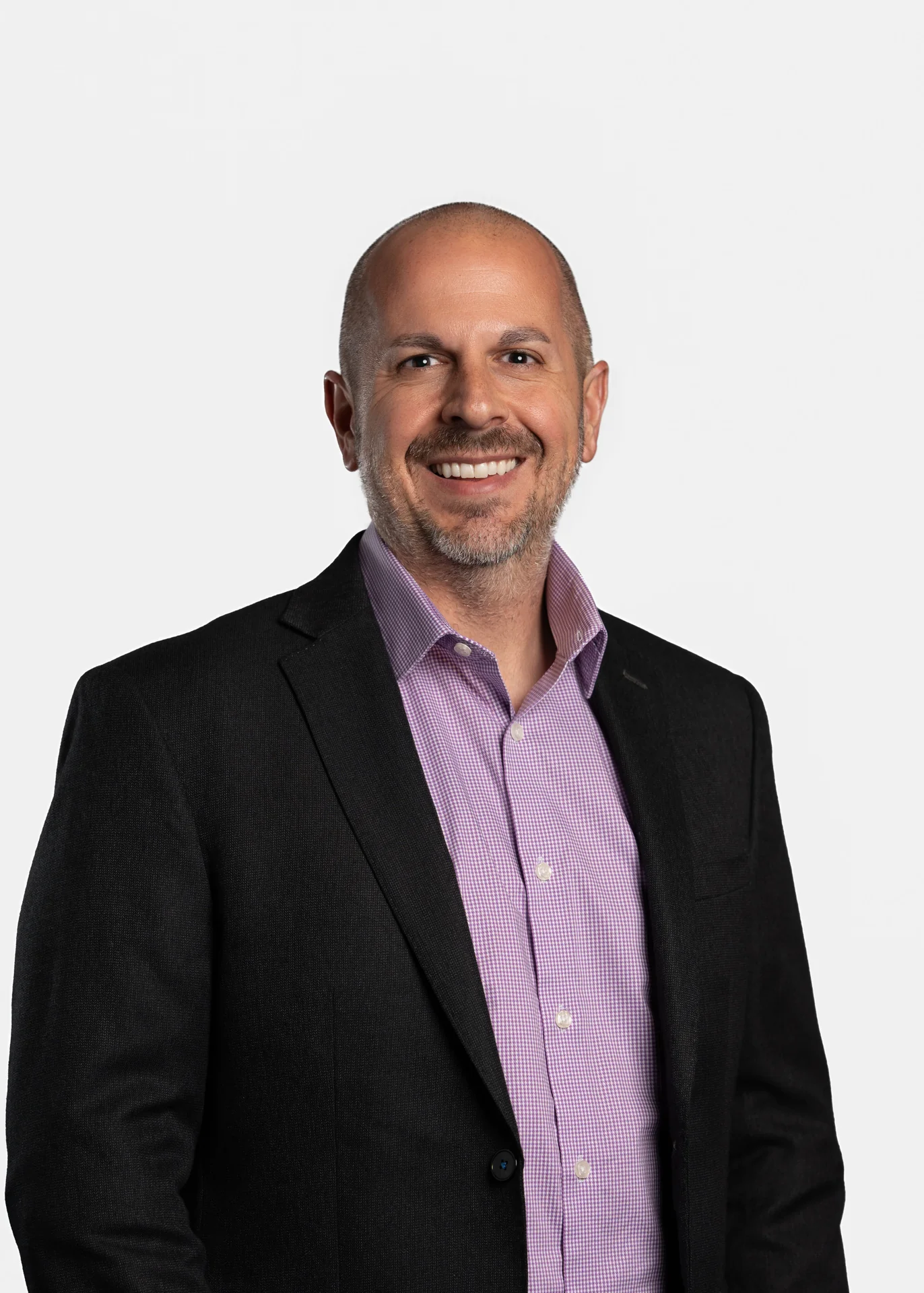At HLTH USA 2024, the Obesity Action Coalition (OAC) took a
significant step forward in the fight against weight bias by unveiling its new bias-free
obesity image gallery, supported by Eli Lilly and Company (Lilly). This
initiative is part of a broader effort to reshape how society views obesity,
emphasizing the need for empathy, inclusivity, and respect for people living
with this chronic, complex disease that impacts more than 1
billion people around the world.
Across the healthcare ecosystem, we all have a role to play
in reducing weight bias and promoting a more inclusive culture of understanding
and support for those living with obesity.
This year, on World Obesity Day and during Obesity Care Week, we encourage you to take
the time to learn more about the impact of obesity and how you can combat
weight bias within your organization and your day-to-day life.
1. Leverage Person-Centered Language and Non-Stigmatizing
Imagery:
Language and imagery are powerful tools that shape society’s
perceptions. Unfortunately, the media has often portrayed obesity using
stigmatizing language and images, perpetuating the myth that obesity is merely
a lifestyle choice or matter of willpower. To combat these misconceptions, it's
essential to adopt inclusive, person-centered language that recognizes obesity
as the chronic, complex disease it is. Recognize the media’s tendency to
reinforce stigma and work to showcase more accurate depictions of people living
with obesity moving forward. For example, if you or your organization are sharing
content related to obesity, ensure you use images that display faces instead of
just torsos. Remember that obesity impacts people from all different walks of
life and it’s important to share imagery that reflects this diversity. The
OAC's bias-free image
gallery is an excellent resource for finding authentic representations that
challenge stereotypes and promote accurate portrayals of obesity.
2. Promote Education and Awareness:
Education is a critical component in dismantling weight bias. Despite the American Medical Association’s recognition of obesity as a disease in 2013 [1], many people remain unaware of the various factors, including genetics and environment that contribute to obesity. By raising awareness and educating people about the complexities of obesity, we can challenge misconceptions and encourage a more compassionate understanding of those living with the disease. In particular, organizations, healthcare providers, and educators can help share accurate information that highlights the biological and psychological aspects of obesity.
3. Encourage Empathy & Consider Weight Stigma and
Bias Training:
Empathy is key to reducing weight bias, and it starts by
understanding the challenges people with obesity face in both their personal
and professional lives due to stigma and misconceptions. By enhancing your
understanding of this complex, chronic disease, you can begin to practice empathy
in your workplace and beyond. Sensitivity training can also play a pivotal role
in changing attitudes and behaviors. By offering training programs that focus
on empathy and understanding, we can equip individuals, especially those in
healthcare and media, with the skills needed to interact respectfully with
people living with obesity. It is important to try to see beyond stereotypes
and recognize the unique experiences and challenges faced by those with
obesity.
4. Empower People
Living with Obesity:
Empowerment is key to reducing weight bias and promoting
self-advocacy. People living with obesity should be encouraged to share their
stories and experiences, helping to humanize the disease and foster empathy. If
you or a loved one are living with obesity, consider getting involved with a
local support group or engaging with community programs in your area. The OAC
offers many different opportunities through its own community
and resources.
These platforms amplify the voices of individuals with obesity and can help
build a sense of community and resilience. Empowered individuals are better
equipped to navigate challenges and advocate for the care and respect they
deserve.
Stopping weight bias is a shared responsibility that
requires collective action. By advocating for positive change and reversing the
societal bias around obesity, we can create a more inclusive and respectful environment
for people living with this chronic disease. Together, let's challenge
stereotypes and work towards a future where everyone, regardless of body size,
is treated with dignity and compassion.
For more resources and to explore the OAC's new bias-free image gallery, visit StopWeightBias.com.
[1]American Medical
Association. Recognition of Obesity as a Disease H-440.842. 2023.
